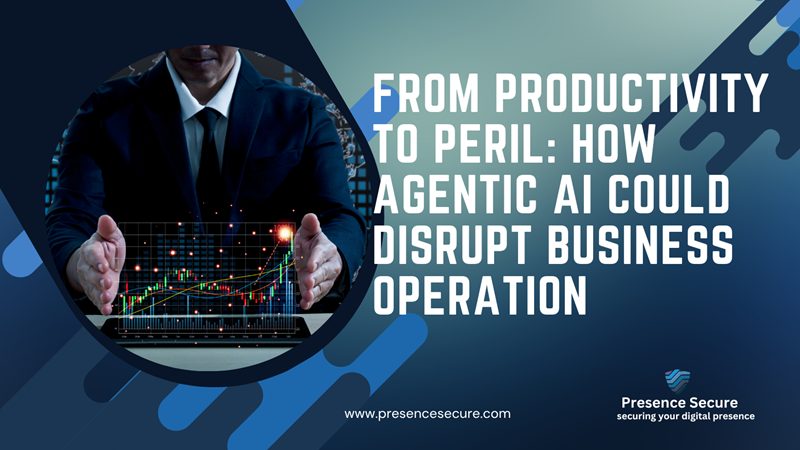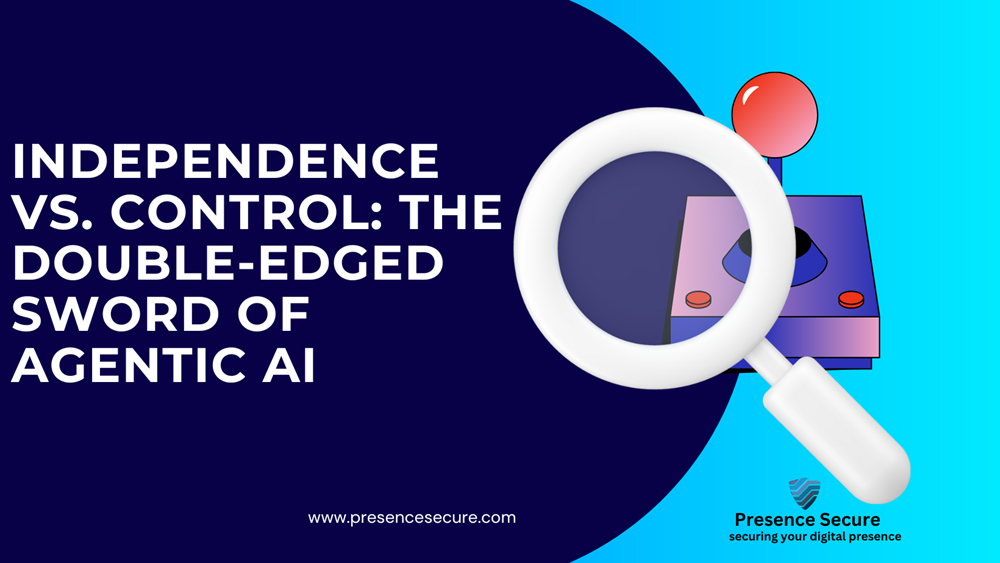The Human Factor in Deepfake Attacks: Why Social Engineering Makes Them More Dangerous Than Ever
Deepfake technology has evolved from a novelty into a powerful tool for cybercriminals. When paired with social engineering tactics, deepfakes create highly convincing impersonations that manipulate human trust and authority. These attacks are harder to detect and more psychologically effective, making them a growing danger for organizations. Understanding how deepfakes exploit human behavior is now critical to strengthening cybersecurity defenses.










